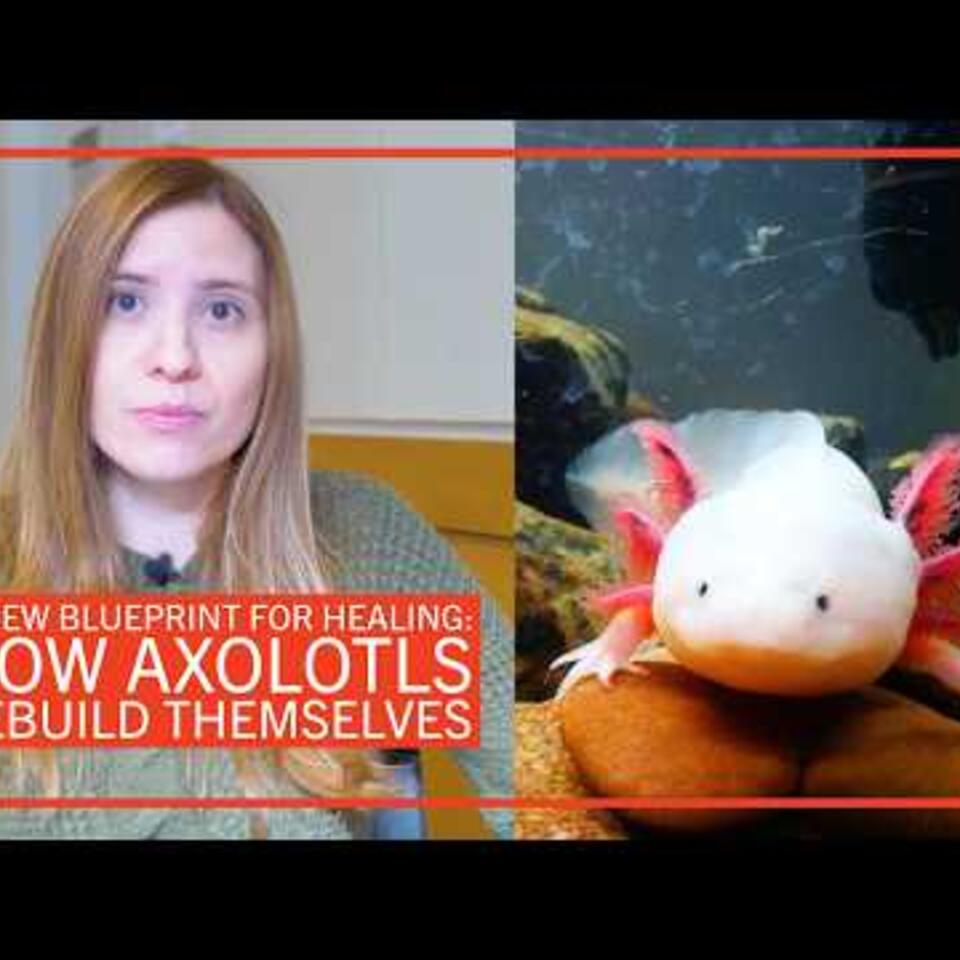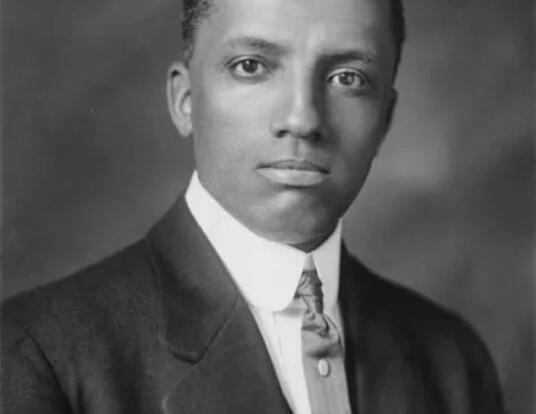At the Nexus of Science, Society, and Survival
Charles Weiss, PhD ’65, urges collaboration to deal with global challenges

Innovations in science and technology promise breathtaking improvements to health, productivity, sustainability, and many other aspects of human life. At the same time, those advances are deeply intertwined with politics, economics, culture, psychology, and a raft of other forces that shape our society—and determine whether new technologies are used to address global crises.
In his new book, The Survival Nexus, Charles Weiss , PhD ’65, says that the fate of humanity may well depend on its ability to understand and manage the intersection of science, technology, and world affairs. A distinguished professor emeritus at Georgetown University and the first science and technology advisor to the World Bank, Weiss says that to respond effectively to species-level threats like climate change and nuclear proliferation, an informed public and responsible leaders must collaborate across national boundaries to encourage, guide and govern certain key innovations.
Colloquy: How do science and technology interweave with politics, economics, law, business, finance, psychology, culture, and ethics at a nexus that is crucial to human survival?
Charles Weiss: Many of the most important global issues of the 21st-century turn on the political, economic, cultural, and other contexts in which science and technology evolve. Climate change is the ultimate example. Technologies exist that can reduce emissions of greenhouse gases but it will take worldwide changes in politics, economics, and popular psychology—along with huge public and private investments—if they are to be developed and scaled up in time to prevent catastrophic damage to the earth.
Even more serious is the fact that the world is in increasing danger of accidental nuclear or cyberwar. The nuclear arms control and non-proliferation regime, painfully built up after World War II, is being allowed to deteriorate, and no such regime exists to control new technologies like hypersonic missiles, cyberweapons, and autonomous weapons. Fortunately, the taboo against using nuclear weapons still holds.
Colloquy: You write that the global pandemic put humanity face-to-face with the survival nexus? How did we do?
Weiss: The record is mixed. Millions have died of COVID-19, although scientists all over the world responded to the challenge and pharmaceutical companies developed multiple vaccines in record time using cutting-edge mRNA technology. Government incentives speeded research and manufacturing scale-up. However, political leaders in many countries ignored and even squelched the warnings of scientific experts. They downplayed the seriousness of the virus, covered up the spread of infection, and hawked ineffective remedies. This squandered critical time that could have been used to save millions of lives, not to mention trillions of dollars in economic losses. The World Health Organization was caught up in the US presidential election campaign and the geopolitical crossfire between the US and China. Billions of people are still unvaccinated. In low-income countries, it’s because no vaccines are available. In rich countries, it’s because of vaccine hesitancy fueled by misinformation, much of it from political leaders. This has helped the virus to mutate into variants of increasing contagiousness and virulence.
Colloquy: What would an approach to technological innovation look like if it accounted for the political, cultural, and other factors you mention?
Weiss: Americans tend to think that innovation happens on its own as a result of government support for scientific research and private investment in the commercialization of invention. We tend to forget the enormous government support for applied research, development, demonstration, and commercialization in many of our strongest industries, including aerospace, military, energy, and health. Public support for research and collaboration with industry in advanced manufacturing—which has just begun in parallel, if not in size and scope, with long-standing support for research and extension in agriculture—is one aspect of a different approach.
Another aspect is that special efforts should be undertaken to encourage the development of technologies that address environmental and social problems. This may require not only support for applied research but also the removal of obstacles to commercialization. Widespread application of decentralized wind, solar, and other renewable technologies, for example, face a variety of technical, regulatory, and institutional obstacles—many backed by strong vested interests. Some requirements of low-income or otherwise disadvantaged people—a malaria vaccine, a low-cost fly-proof latrine, or an emergency ration for starving refugees, to cite three examples—may require specific technological innovations. Developing them is an ethical imperative but is not usually a profitable undertaking. Public-spirited intervention by a government or a private organization is typically necessary if such products are ever to come into widespread use.
Finally, a different approach to technological innovation would see government and businesses doing their best to predict issues that will foreseeably arise from advances in technology. The pioneers of the internet, for example, deliberately avoided dealing with disinformation, privacy, and security, issues that are difficult to go back and fix. Today’s cutting-edge technology for gene drivers and geoengineering present important ethical issues that require broad-gauge discussion before they are put into practice.
Colloquy: Why do we need a global response to the problems that flow from the survival nexus? Why are market forces and local/national action not enough?
Weiss: Global problems require global responses. Greenhouse gases, ozone destroyers, and epidemic diseases flow freely around the world. A global internet demands global governance. Global supply chains spread technological unemployment. Geoengineering and gene driver technology can be developed and put into practice anywhere but can have worldwide effects and need globally accepted standards.
Colloquy: What are some success stories—occasions on which countries have come together to effectively address challenges at the survival nexus? What lessons can we learn from them as we tackle challenges like climate disruption and global inequality?
Weiss: The classic success story is the international defense of the stratospheric ozone layer, which protects us from cancer and marine ecosystems from disruption. As scientists became increasingly certain that chlorofluorocarbon aerosol propellants catalyze stratospheric ozone destruction, diplomats negotiated increasingly stringent restrictions on their manufacture, trade, and use—incidentally reducing the greenhouse effect that warms the climate. A key lesson here is the importance of the community of experts who conveyed the scientific findings and helped to define the issues for the benefit of the public, policymakers, and diplomats negotiating international agreements.
On the equity side, the great example of an international anti-poverty program of a size comparable to the problem it addresses is the Consultative Group on International Agricultural Research (CGIAR,) a 50-year-old, $750 million network of 15 agricultural laboratories that develop improved food production technology for small-scale farmers in low-income countries. Here the major lesson is the importance of effective management and sustained financial and political support to ensure results. Both the CGIAR and the World Health Organization suffer from the fact that individual member countries are exerting increasingly detailed control over programs and budgets, making it difficult to put into effect an institution-wide strategy. With greater collaboration, the nations of the world can build on these successes and speed the mobilization of technology to reduce global inequality.
Photo by Michael Manning Photography
Get the Latest Updates
Join Our Newsletter
Subscribe to Colloquy Podcast
Simplecast





